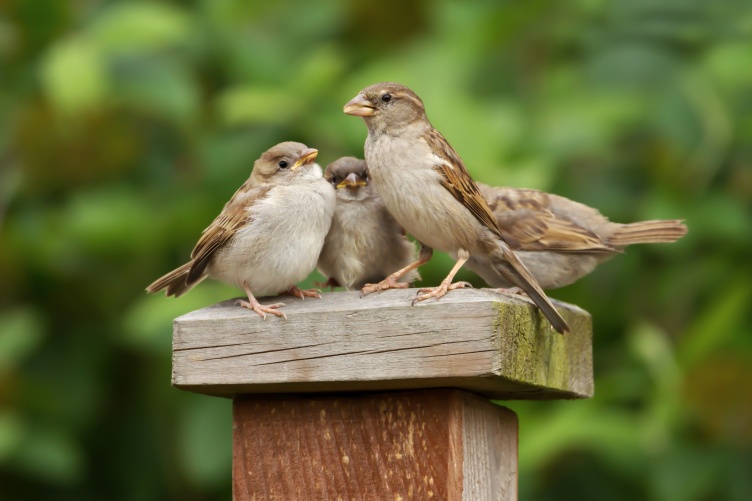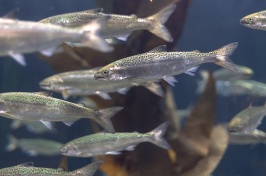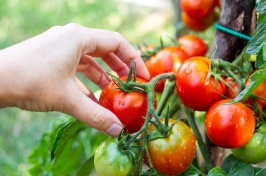NH Agricultural Experiment Station
Can Birds Spread Harmful Bacteria on Dairy Farms?
UNH scientist Andrea Ayala explores how small birds may spread bacteria on dairy farms, with potential consequences for both herd and human health. Read More-
12/10/25
Smarter Feed, Stronger Returns for New Hampshire Fish Farmers
Karolina Kwasek is researching ways to make fish nutrition better and more economical for the growing aquaculture industry. -
11/18/25
Can Science Keep Produce Fresh Longer?
UNH scientist Duoduo Wang researches the complex process of ripening to uncover ways to extend ripeness and reduce food waste. -
11/13/25
Sustaining Striped Bass
A study led by Adrienne Kovach pinpoints where the striped bass caught off the northeast coast originally came from. -
10/08/25
UNH and Stonyfield Organic Strengthen Partnership
The UNH Organic Dairy Research Farm entered into an agreement to sell all of its milk to Stonyfield Organic, further strengthening a long-term...
Recent Stories
-
08/07/24 - Marine Heatwaves’ Impacts on Marine OrganismsNew UNH research develops a biological approach to understanding marine heatwave effects, offering detailed insights into the impacts on marine life and mitigation strategies. Read More
-
07/25/24 - Optimizing Lumpfish RearingUNH research shows that adjusting light and density in lumpfish hatcheries reduces aggression, enhancing their role in controlling sea lice in salmon farms. Read More
-
07/15/24 - Using Duckweed as a Green ManureDiscover UNH research on using duckweed to cleanse water and serve as green manure for sustainable farming. Read More
-
07/02/24 - Targeted Home Systems to Remove PFAS More Cost-Effective Than System-Wide SolutionsHouseholds on public water systems are willing to pay an average of $13.07 a month, or $156.84 annually, on their monthly bills to protect themselves from PFAS — potentially... Read More
-
06/26/24 - UNH Receives USDA Grant to Boost Climate-Resilient Farming PracticesUNH receives USDA grant to explore crop row orientation and cover cropping strategies, aiming to boost climate-resilient farming practices and enhance soil health. Read More
-
06/19/24 - Microplastics in EstuariesEstuaries in New England are crucial for wildlife and aquaculture, but microplastics pose a growing threat. UNH researchers are studying microplastic movement and accumulation to... Read More
-
06/17/24 - Aquatic Plants Could Help Reduce Water PollutionTiny aquatic plants called duckweed and their microbes could be engineered to cleanse chemicals from runoff water. Anna O'Brien's research at UNH aims to improve stormwater... Read More
-
06/13/24 - COLSA Faculty Spotlight: Bonnie BrownDiscover why COLSA Professor Bonnie Brown chose New Hampshire, how Richard Dreyfuss inspired her career, and the five must-have items in her fridge. Read More
-
06/07/24 - Best Radicchio Varieties for New England FarmersGranite State farmers can boost sustainability by adding high-demand radicchio to their crops, and research at UNH is aiding that effort by identifying top-performing varieties... Read More
-
05/08/24 - Kiwiberry Breeder Is UNH’s 2024 Innovator of the YearIago Hale, associate professor of specialty crop improvement, has been named UNH’s 2024 J. Brent Loy Innovator of the Year, recognizing his pioneering work in the kiwiberry... Read More































































